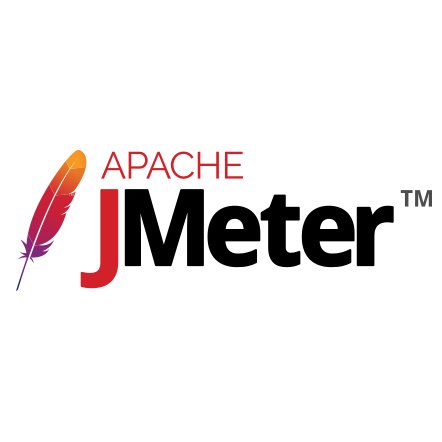Table of Contents
JMeter
JMeter is an open source software used for measuring web/server based applications. The goal of JMeter is to place pressure on network applications in order to test and analyze their performance. It has the ability to test the performance of both static and dynamic web resources. JMeter may be used to test several application, server, and protocol types (listed below). An included command line mode enables JMeter to be ran from any Java compatible OS, and an included GUI mode enables the user to easily create customized test plans. JMeter's extensions allow it to execute JavaScript in order to accurately simulate a real browser's response time, and simulate complex load scenarios using free-form thread group configuration (2 free features which are only available in competitor's enterprise software).
JMeter Test Application, Server, And Protocol Types:
- Message-oriented middleware (MOM) via JMS
- Mail - SMTP(S), POP3(S) and IMAP(S)
- Native commands or shell scripts
- TCP
- Java Objects
- Web - HTTP, HTTPS (Java, NodeJS, PHP, ASP.NET, …)
- SOAP / REST Webservices
- FTP
- Database via JDBC
- LDAP
JMeter Performance Testing Types:
- Performance Data Gathering
- Average Response time (including javascript and image loading)
- Server connect time
- 90% response time
- Bandwidth achieved by server and available for each user
- Error rates
- Max users
- Load - Applying expected load
- Stress - Applying excessive traffic
- Free-form Thread - Simulate complex load scenarios

